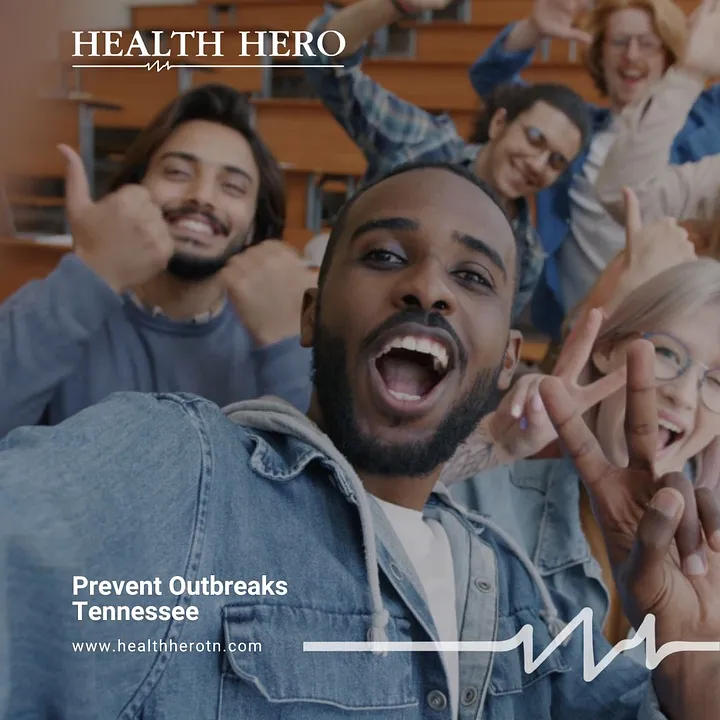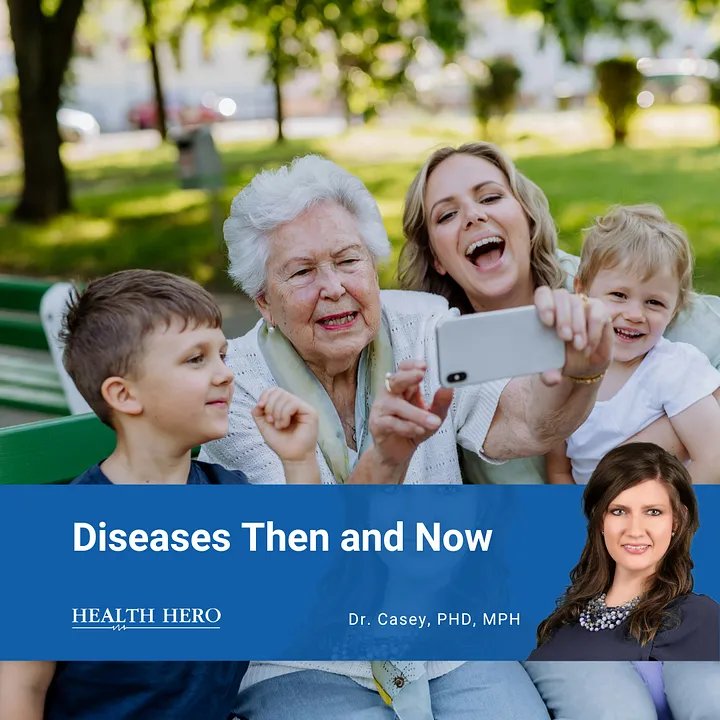August is Immunization Month, a crucial time for Tennesseans to come together and focus on the importance of vaccinations. This month, we celebrate the life-saving impact of vaccines, educate our communities on the benefits of immunization, and encourage everyone in Tennessee to stay up-to-date with their vaccinations. Let’s explore why Immunization Month is vital for our state and how you can contribute to a healthier Tennessee.
The Importance of Immunization in Tennessee
Vaccines are one of the most effective public health tools available. In Tennessee, they prevent the spread of infectious diseases, save lives, and protect future generations. Diseases like measles, polio, and whooping cough, once common and often deadly, have been significantly reduced or eradicated thanks to widespread immunization efforts.
Protecting Tennessee Communities
Herd immunity is achieved when a large portion of our population is vaccinated. This means that even those who cannot be vaccinated, such as infants, elderly individuals, and those with compromised immune systems, are protected from the spread of contagious diseases. Immunization is a collective responsibility that helps safeguard the health of our entire Tennessee community.
Educating and Engaging Tennesseans
Education is a cornerstone of Immunization Month. Misconceptions and misinformation about vaccines can lead to vaccine hesitancy. By providing accurate information and addressing concerns, we can help Tennesseans make informed decisions about their health. Health Hero and other organizations are dedicated to offering resources, hosting events, and engaging with communities across Tennessee to spread knowledge about the benefits of vaccines.
Celebrating Tennessee’s Progress
Immunization Month is also a time to celebrate our progress in public health in Tennessee. Over the decades, vaccines have saved millions of lives and have been instrumental in eradicating or controlling deadly diseases. This month, we honor the scientists, healthcare workers, and advocates who have worked tirelessly to advance immunization efforts in our state.
How Tennesseans Can Get Involved
- Stay Informed: Keep yourself updated with the latest information about vaccines and immunization schedules. Trusted sources like the CDC and WHO provide valuable insights and updates.
- Get Vaccinated: Ensure you and your family are up-to-date with all recommended vaccines. Encourage friends and loved ones to do the same.
- Spread the Word: Use your voice on social media platforms to share accurate vaccine information. Join the conversation and help dispel myths surrounding immunization.
- Support Local Events: Participate in local health events and campaigns. Health fairs, vaccination drives, and educational seminars are great opportunities to learn and contribute.
- Advocate for Vaccination: Engage with community leaders and policymakers to promote the importance of vaccines. Advocacy can lead to better funding for immunization programs and improved vaccine access.
Looking Ahead for Tennessee
As we observe Immunization Month, let’s reflect on our progress and the work that still needs to be done in Tennessee. Vaccines are a testament to the power of science and collective action. By continuing to educate, advocate, and immunize, we can ensure a healthier future for all Tennesseans.
Join us this August in celebrating Immunization Month. Together, we can protect, educate, and celebrate the incredible impact of vaccines on our health and well-being. Let’s commit to staying informed, getting vaccinated, and spreading the word. After all, a healthier Tennessee starts with us.
Visit www.healthherotn.com to see when our vaccination clinics are taking place across Tennessee. Let’s work together to keep our communities healthy and safe!










